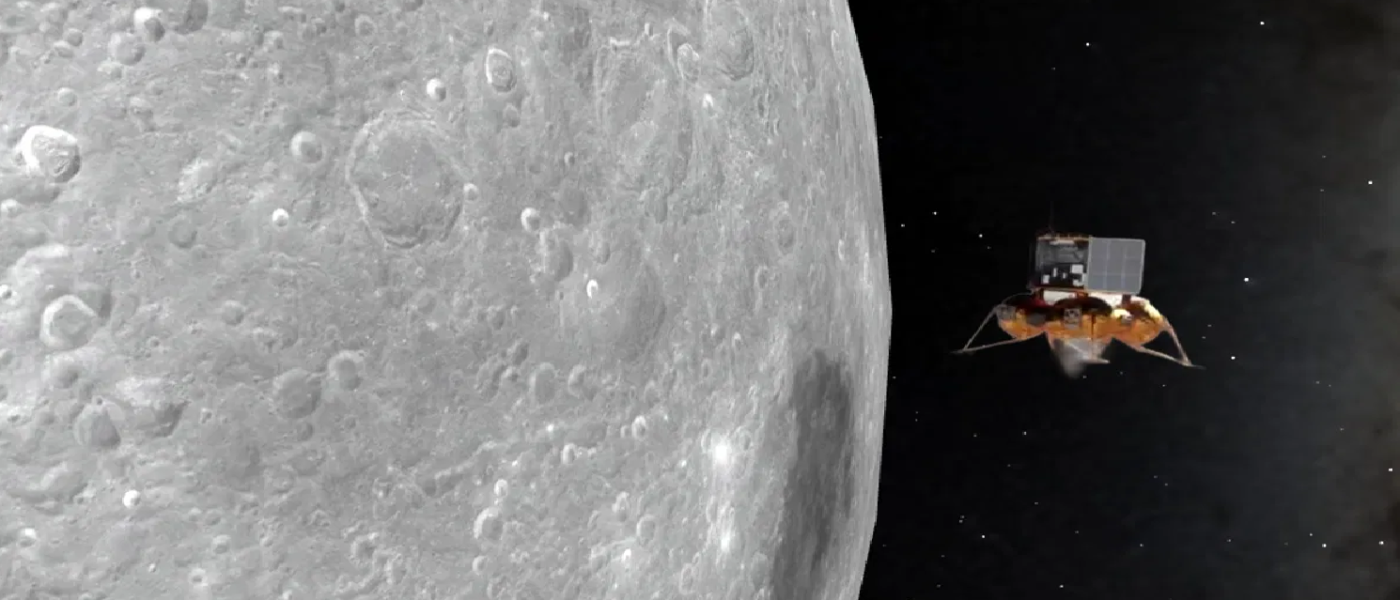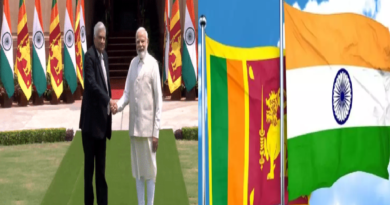Russia’s Luna-25 Lunar Mission Ends In Disappointment: A Closer Look At The Setback
Russia’s Luna-25 lunar mission ends in disappointment: A closer look at the setback. Russia’s first lunar mission in quite a while crushes into the moon in disappointment.
Russia’s first moon mission in quite a while fizzled when its Luna-25 space makes went wild and collided with the moon after an issue planning for a pre-landing circle, highlighting the post-Soviet downfall of a once powerful space program.
Russia’s state space organization, Roskosmos, said it had lost contact with the specialty at 11:57 GMT on Saturday after an issue as the art was shunted into a pre-landing circle. A delicate landing had been anticipated Monday.
“The device moved into a flighty circle and failed to exist because of an impact with the outer layer of the Moon,” Roskosmos said in a proclamation.
It said an exceptional departmental commission had been shaped to explore the explanations for the deficiency of the Luna-25 art, whose mission had brought trust up in Moscow that Russia was getting back to the large power moon race.
The failure highlighted Russia’s space power’s decline since the glory days of the Cold War, when Moscow was quick to launch a satellite to circle the Earth – Sputnik 1 – in 1957, and Soviet cosmonaut Yuri Gagarin became the first man to go into space in 1961.
It likewise comes as Russia’s $2 trillion economy faces its greatest outer test for quite a long time: the strain of both Western endorses and battling the greatest land battle in Europe since The Second Great War.
Russia had not endeavored a moon mission since Luna-24 of 1976 when Socialist pioneer Leonid Brezhnev governed the Kremlin.
Russian state TV put insight about the deficiency of Luna-25 at number 8 in its lineup around early afternoon and gave it only 26 seconds of inclusion, after a report about flames on Tenerife and a brief thing about an expert occasion for Russian pilots and groups.
Russia’s Luna-25 lunar mission: Bombed MOONSHOT.
Russia has been dashing against India, whose Chandrayaan-3 shuttle is booked to arrive on the moon’s south pole this week, and all the more extensively against China and the US which both have progressed lunar desires.
“India’s Chandrayaan-3 is set to arrive on the moon on August 23,” the Indian Space Exploration Association (ISRO) posted on X, previously Twitter, around the time fresh insight about the Luna crash broke.
Russian authorities had trusted that the Luna-25 mission would show Russia can rival the superpowers in space in spite of its post-Soviet downfall and the immense expense of the Ukraine war.
“The flight control framework was a weak region, which needed to go through many fixes,” said Anatoly Zak, the maker and distributor of www.RussianSpaceWeb.com which tracks Russian space programs.
Zak said Russia had likewise gone for the substantially more aggressive moon arrival prior to undertaking a less difficult orbital mission – the standard practice for the Soviet Association, the US, China, and India.
Russian researchers have over and over whined that the space program has been debilitated by unfortunate supervisors who are sharp for ridiculous vanity space ventures, debasement, and a decrease in the meticulousness of Russia’s post-Soviet logical school system.
Over 10 years prior, the disappointment of the 2011 Fobos-Snort mission to one of the moons of Mars highlighted the difficulties confronting Russia’s space program: it lacked the ability to leave the world’s circle and fell back to Earth, crashing into the Pacific Sea in 2012.
Ultimately, in the mid-2010s, Russia settled upon the possibility of the Luna-25 mission toward the south pole of the moon. Luna-25 figured out how to leave the world’s circle.
However, its disappointment implies that Russia may not be quick to test the frozen water which researchers accept the south pole of the moon holds.
It was not quickly clear what long-haul influence the bombed mission would have on the nation’s moon program, which conceives a few additional missions over coming years.




